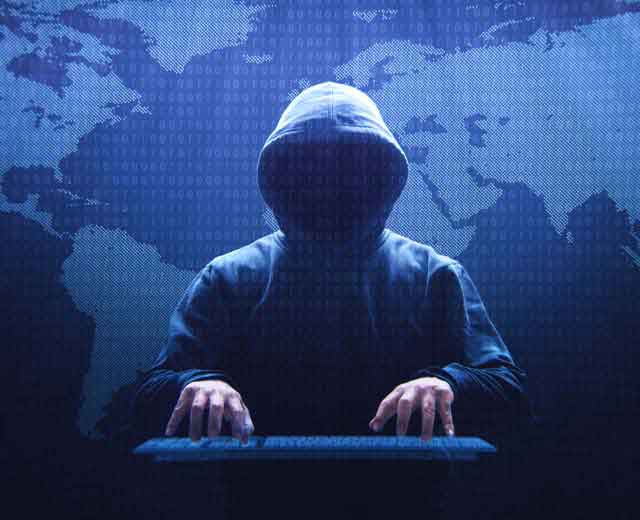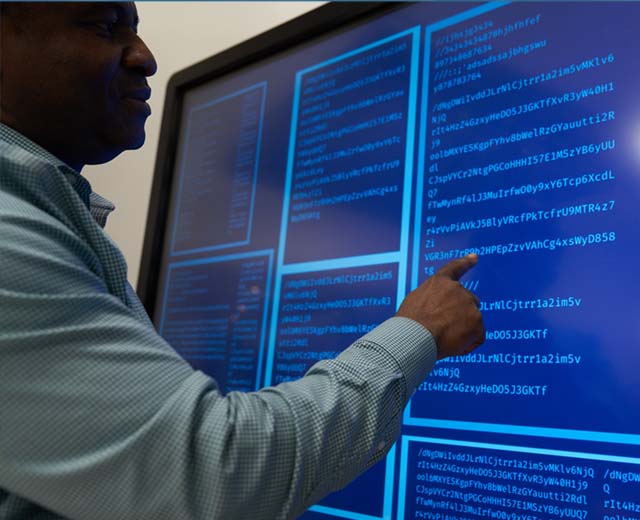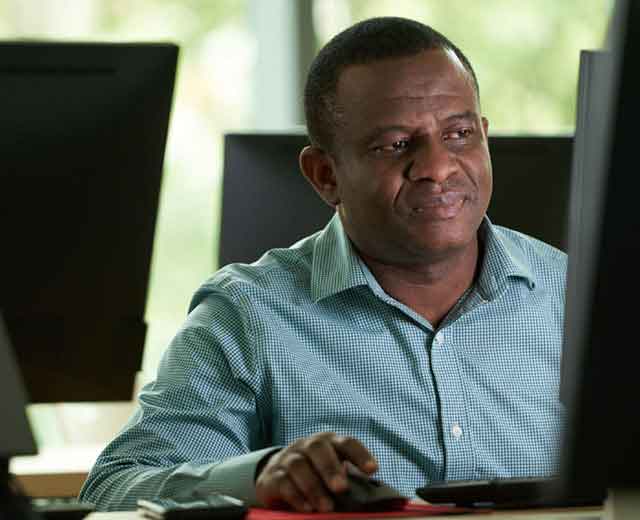Unlock Your Career Potential
This degree program is designed for mid-level professionals hoping to advance their careers in a high demand industry. A cybersecurity degree may help you qualify for cybersecurity jobs such as security engineer, systems administrator, solutions architect, Linux systems administrator, information security analyst, information systems manager, cybersecurity analyst, cybersecurity engineer, and more.






